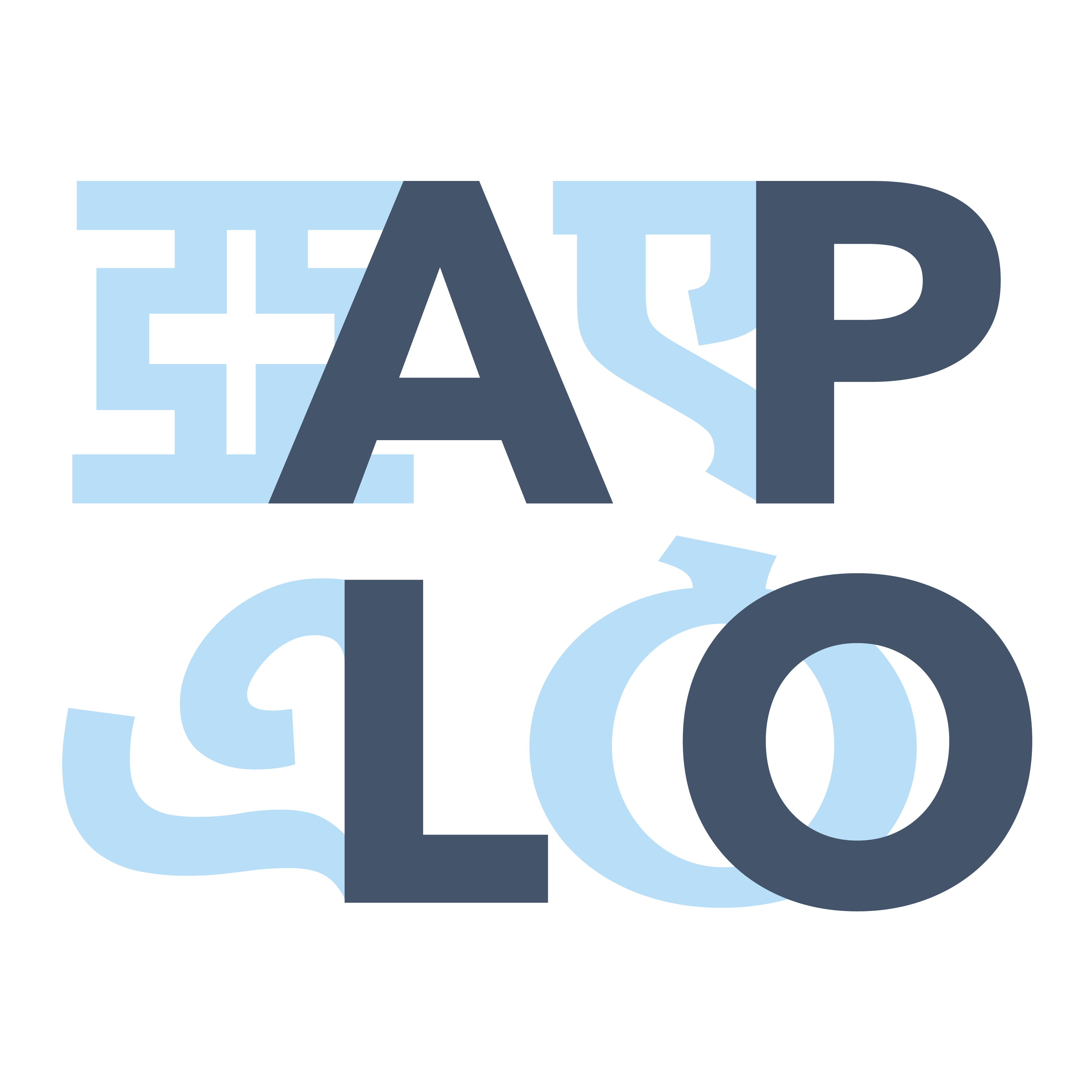What is APLO?
The Asia Pacific Linguistics Olympiad, abbreviated as APLO, is a prestigious international competition in the field of linguistics, with specific interest in the Asia-Pacific region. It is designed for secondary school students who have a keen interest in linguistics and language. Participants in the APLO face challenging and engaging linguistic problems that require analytical skills, logical reasoning, and a deep understanding of linguistic principles. The competition aims to foster a love of language study among young learners in Asia-Pacific and encourages them to apply their knowledge in practical, problem-solving scenarios. Just like the International Linguistics Olympiad (IOL), no prior knowledge of linguistics or languages is required, as even the most challenging problems only require logical ability, patient work, and a willingness to think outside the box.
Which countries/regions can join the APLO?
The APLO is open to any country or region that meets the accreditation criteria outlined in section 2.2 of the APLO Constitution. Accreditation is a process that ensures participants from different regions have a standardised and fair competition experience. Countries or regions interested in joining the APLO should refer to the mentioned section of the APLO Constitution for detailed information on the eligibility criteria and the accreditation process.
I am a student from a country/region which participates in APLO. Can I join the contest?
If you are a student residing in a country or region that participates in the APLO, your eligibility to compete in the Olympiad depends on several factors. Primarily, you must be eligible for the IOL in the same year. Additionally, local organisers in your region may have set specific selection criteria for participants. We recommend contacting your local APLO organisers for detailed information on these criteria. If you are unsure who your local organisers are, please refer to this page on our website for guidance.
I am a student from a country/region which does NOT participates in APLO. Can I join the contest?
Currently, individual students from countries or regions not participating in the APLO are unable to compete in the Olympiad. The participation in APLO requires a valid organisation that locally organise the APLO in the respective region. If you are affiliated with an organisation that is interested in having your country or region participate in future APLO events, we encourage you to refer to the guidance provided under “My country is not a part of the APLO. What should I do?” for information on how to initiate this process.
My country is not a part of the APLO. What should I do?
If your country is not yet a participating country in the APLO and you are interested in becoming a Local Organiser, the first step is to familiarise yourself with the accreditation criteria specified in section 2.2 of the APLO Constitution. Once you assess that your organisation meets these criteria, you can proceed by filling out the application form available on our website. After completing the form, please reach out to us through our contact page for further guidance and support in the accreditation process.
What is the difference between official and guest participation?
Official Delegations:
– Must be from countries within the geographic Asia-Pacific region.
– Must participate in the contest on the official APLO date.
– Contestants can receive awards such as medals and honourable mentions.
– Detailed results of the top contestants are published on the website.
Guest Delegations:
– Can be from any country, including those outside the Asia-Pacific region.
– Have the flexibility to hold the contest on any date within two weeks of the official APLO date.
– Participants will receive certificates of participation, but not awards.
– Only the names of the top contestants are published.
In summary, official delegations follow strict eligibility and contest date rules and are eligible for awards, while guest delegations have more flexibility in scheduling and are only eligible for participation certificates.
